
Reasons and Rationalizations
The Limits to Organizational Knowledge
Read or listen offline
Amazon KindleRecommendation
Management scholar Chris Argyris tackles an important problem: the pervasiveness of defensive reasoning that prevents people in organizations from understanding when and why they are skillfully incompetent. Unfortunately, he employs such an academic style that his arguments are primarily useful to fellow scholars, although they would be relevant to managers if they were offered more accessibly. The professor assumes that readers are familiar with social science literature, processes, issues and vocabulary. For those who seek solutions to the organizational problem of defensive reasoning, he offers enlightening explanatory theories, but not much practical advice. That said, it is comforting to note that someone has looked seriously at the disconnection between what executives say and what they do. Argyris catalogues the dimensions of this dysfunction and proposes - although not very concretely - that it may be open to some correction, perhaps through such tools as double-loop learning and "left hand/right hand" analysis. getAbstract.com suggests this book to experts in organizational behavior, corporate culture and issues in scholarship about management.
Summary
About the Author
Chris Argyris received his Ph.D. in organizational behavior from Cornell University in 1951 and taught at Yale University for 20 years before becoming Conant Professor of Education and Organizational Behavior at Harvard University. He has written 33 books and monographs and more than 400 articles, and has received eleven honorary degrees.








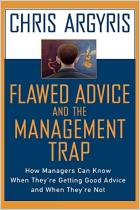
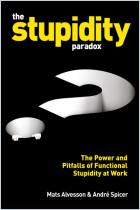
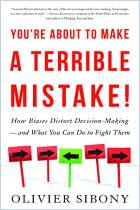
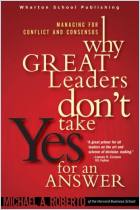
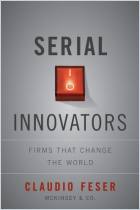
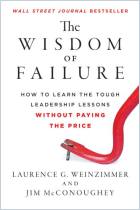
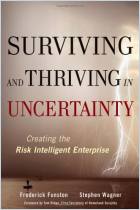




Comment on this summary